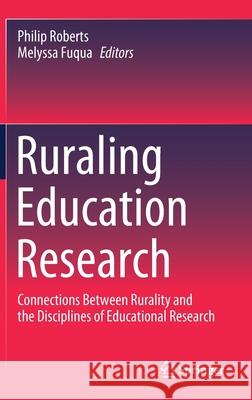Ruraling Education Research: Connections Between Rurality and the Disciplines of Educational Research » książka
topmenu
Ruraling Education Research: Connections Between Rurality and the Disciplines of Educational Research
ISBN-13: 9789811601309 / Angielski / Twarda / 2021 / 304 str.
Ruraling Education Research: Connections Between Rurality and the Disciplines of Educational Research
ISBN-13: 9789811601309 / Angielski / Twarda / 2021 / 304 str.
cena 533,49 zł
(netto: 508,09 VAT: 5%)
Najniższa cena z 30 dni: 535,99 zł
(netto: 508,09 VAT: 5%)
Najniższa cena z 30 dni: 535,99 zł
Termin realizacji zamówienia:
ok. 16-18 dni roboczych.
ok. 16-18 dni roboczych.
Darmowa dostawa!
Kategorie:
Kategorie BISAC:
Wydawca:
Springer
Język:
Angielski
ISBN-13:
9789811601309
Rok wydania:
2021
Wydanie:
2021
Ilość stron:
304
Waga:
0.62 kg
Wymiary:
23.39 x 15.6 x 1.91
Oprawa:
Twarda
Wolumenów:
01
Dodatkowe informacje:
Wydanie ilustrowane











